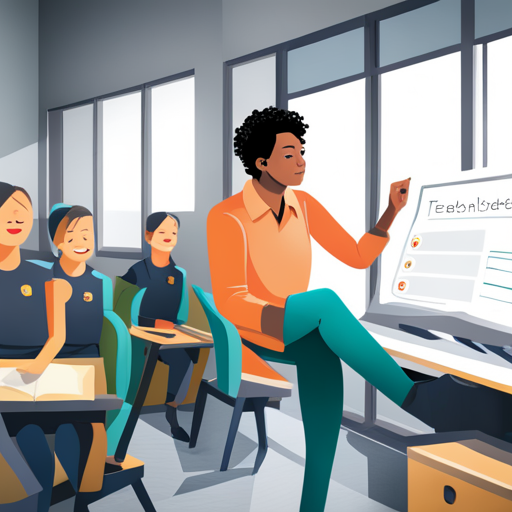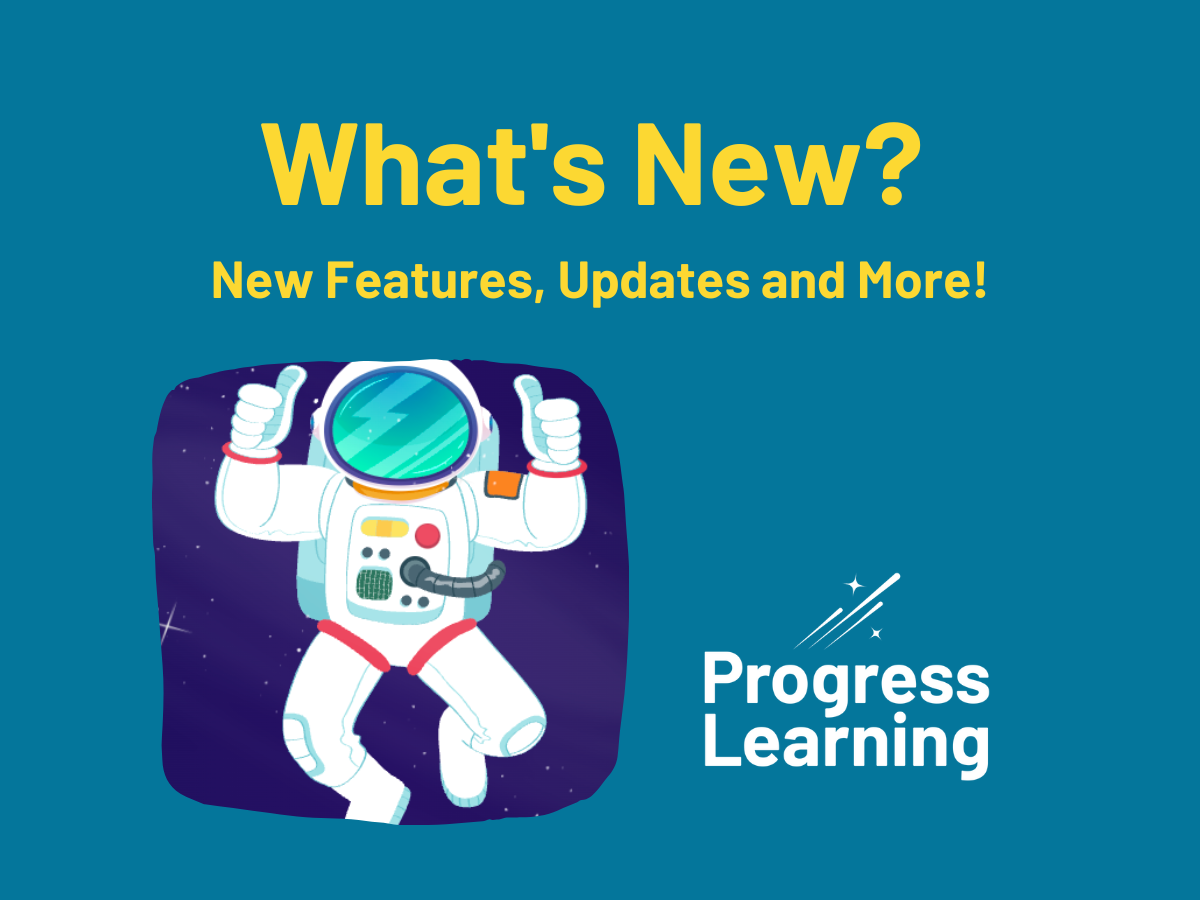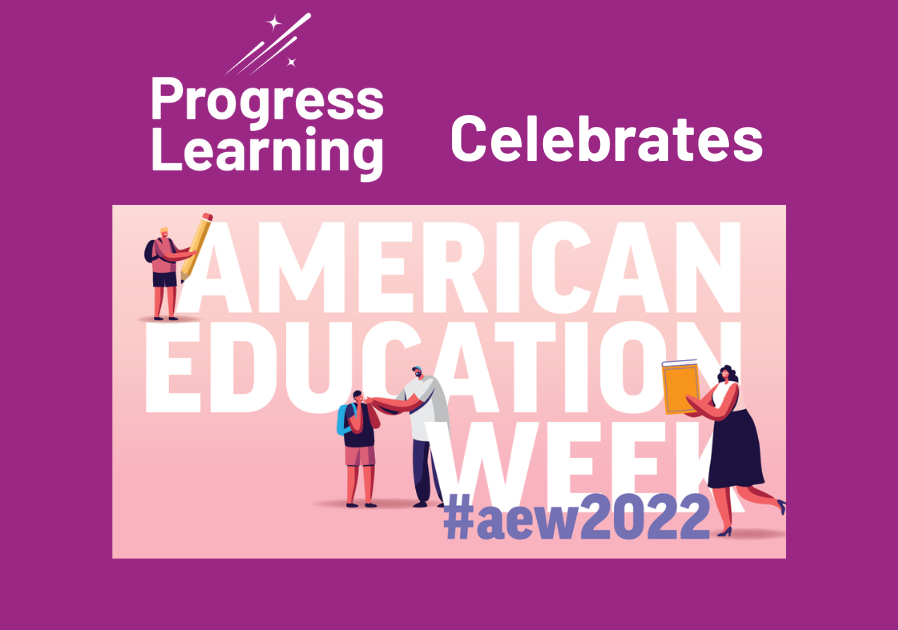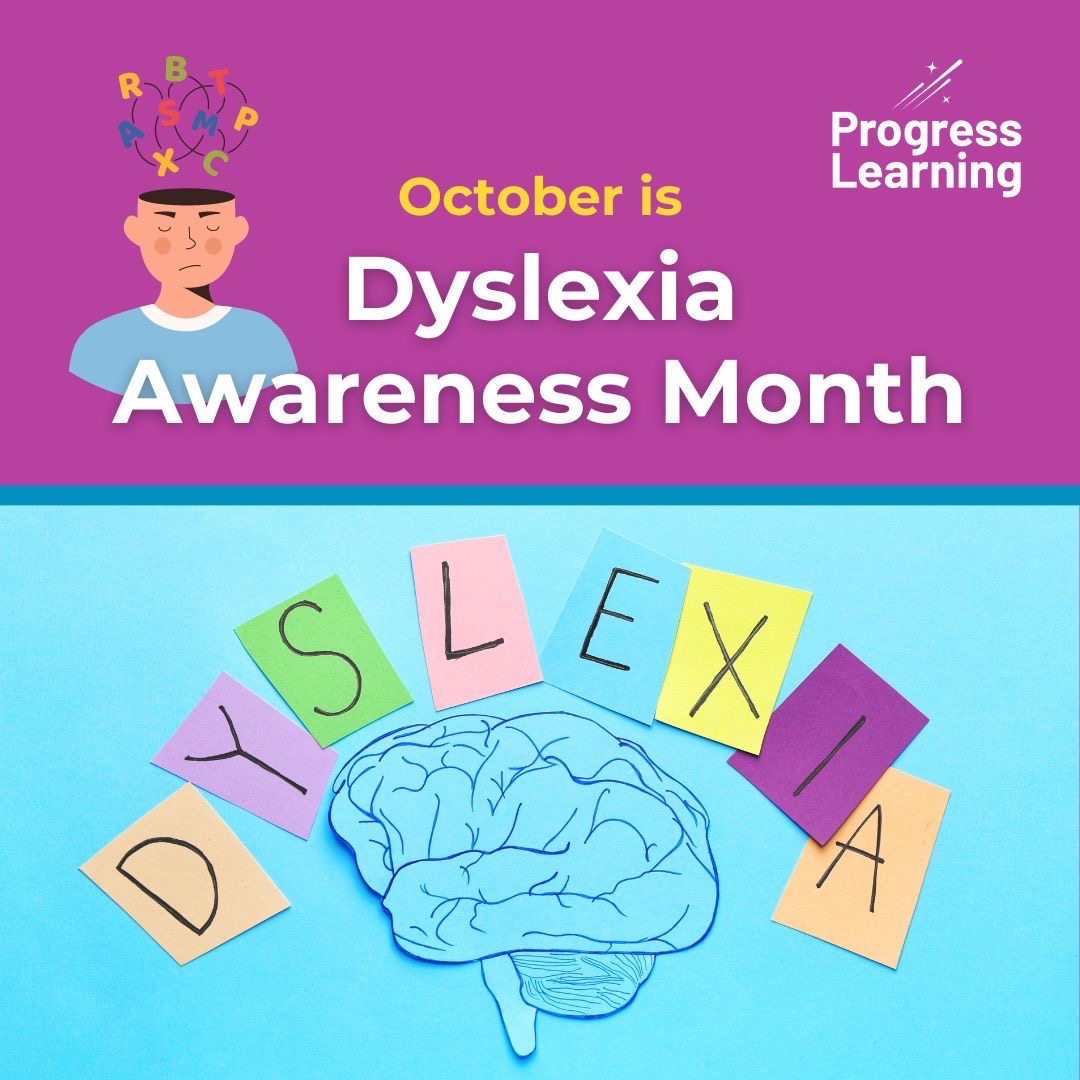
Progress Learning’s Accessibility Tools for Differentiation
by: Coral Ericson
Are you looking for a platform that prioritizes accessibility and differentiation in learning? Look no further than Progress Learning!


by: Coral Ericson
Are you looking for a platform that prioritizes accessibility and differentiation in learning? Look no further than Progress Learning!

by: Coral Ericson
Our product and development teams have been working hard to roll out many new features, fixes, and enhancements, and we’re excited to share them with you. Keep reading to discover them all.

by: Coral Ericson
American Education Week is here and all of us at Progress Learning would like to take an in-depth look at the history of AEW, what it is, and how we can honor it.

As many colleges across the U.S. opt to not use the SAT and ACT in the admissions process, over 20 states—including Nevada, Indiana, Colorado, Connecticut, Delaware, Illinois, and more—are now making the SAT or ACT a mandatory summative assessment for high school graduation. With all of these new changes, many students and teachers are wondering how best to prepare for these all-important exams. Lucky for you, the team at Progress Learning has been working hard behind the scenes these past few months, finding ways to make SAT and ACT test prep even more accessible to every single student across the country.

In recognition of Dyslexia Awareness Month this October, here is an overview of the condition, its challenges, and how Progress Learning can help teachers, parents, and students access the accommodations needed to achieve academic success.

by: Coral Ericson
It is our responsibility to ensure that all students receive quality instruction. It is the expectation that students with disabilities will receive the same quality of instruction and participate in the general education classroom as well as district and state level testing to the greatest extent possible in accordance with both the Individuals with Disabilities Education Act (IDEA) and the Every Student Succeeds Act (ESSA). Students with disabilities contend with barriers to learning and challenges which make it difficult for them to access materials and show what they know.

by: Coral Ericson
One of the biggest challenges schools and districts are facing this year is the massive teacher shortages. Finding and keeping quality educators post-pandemic has proved to be very difficult for a number of reasons. While this is a pressing issue, progress is being made. Incentives for teachers are being offered in districts nationwide, and new teachers are being hired rapidly. We must take a hard look at the key areas of need in order to determine lasting solutions.

by: Coral Ericson
As educators, it is critical that our students are learning in a safe, effective, and equitable environment. Our classrooms have a wide variety of learner profiles and meeting the needs of each and every student is our top priority. From ESL/ELL students to students with learning disabilities, IEPs and 504s, we must work to ensure accessibility for all students to engage them in appropriate learning experiences that meet their individual and unique needs.

by: Coral Ericson
Personalized, or individualized, learning is a term that is often used in the world of education. But what does it mean? Essentially, personalized learning customizes instruction to meet the unique needs and preferences of each individual student.